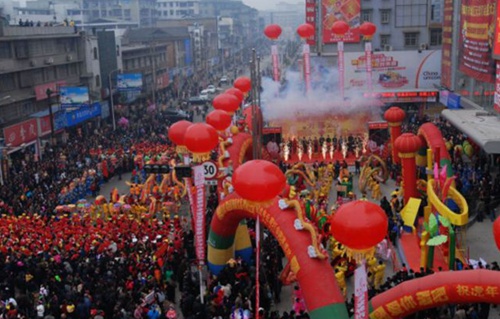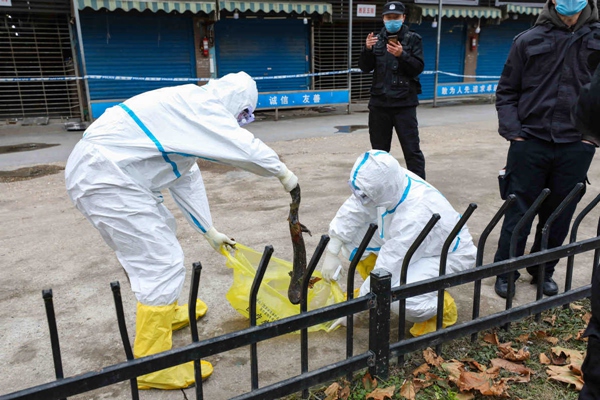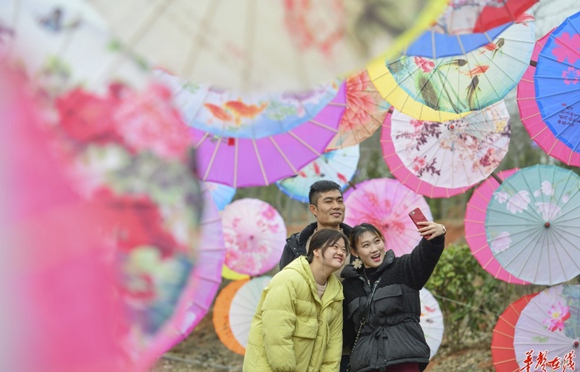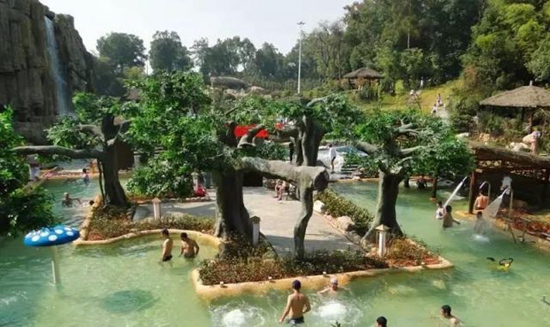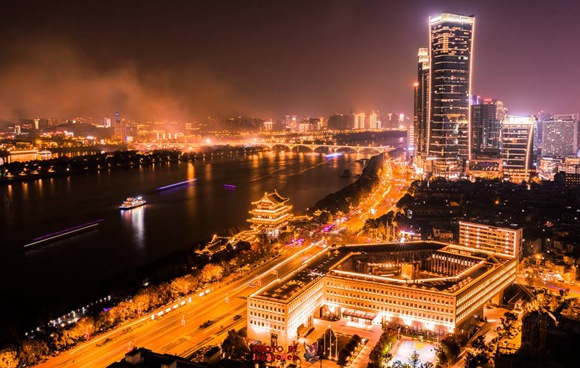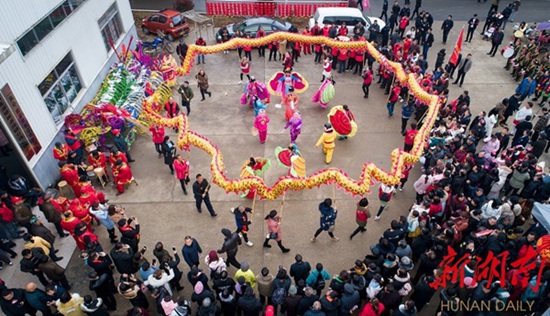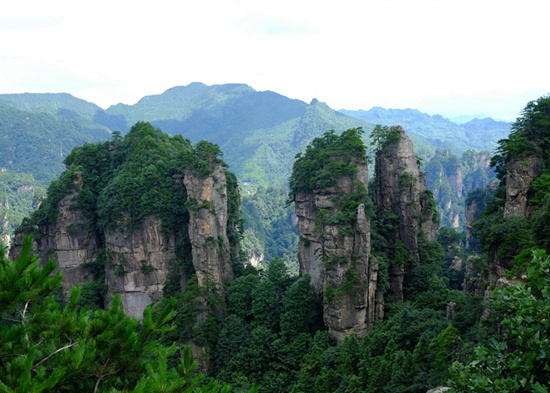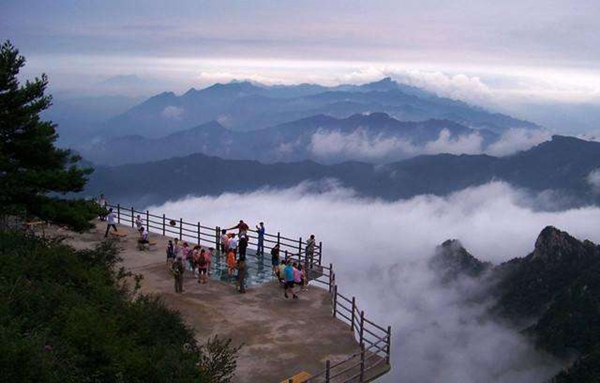Zhangjiajie comes alive with several annual celebrations.
SPRING FESTIVAL
The Spring Festival is the most important and popular festival that starts on the 30th day of the 12th lunar month. New Year’s Eve falls on the 29th day of the 12th month of the lunar year, which is one day before the last day of the year. This is quite different from the Han people.
LANTERN FESTIVAL
The Lantern Festival falls on the 15th day of the first month of the lunar year. It is one of the busiest festivals in Zhangjiajie — all the people will go out and gather together on the street in the evening on that day, cars and buses are not allowed to run on the street. There are many performances such as the Dragon Dance, Lion Dance, and local opera.
TORCH FESTIVAL
The Torch Festival has gained the most popularity among the Bai ethnic group. At dusk on the 25th day of the 6th lunar month, the Bai people put many torches together and jump over them repeatedly. They pray in this way to the god of Fire to eliminate all the pests hazardous to the farmland and to chase away all evil.
MID-AUTUMN FESTIVAL
Mid-Autumn Festival also is popular in Zhangjiajie. Like many Chinese, people of the Tujia ethnic group celebrate the Mid-Autumn Festival. They eat moon cake but are not very keen to appreciate the moon. An interesting activity on this occasion is for people to present wax gourds to couples who have no children, implying fertility and the delivery of babies to them.
DRAGON BOAT FESTIVAL
ZhangjiajieLishuiRiveris the mother river of the Tujia people, and is the setting for the annual Dragon Boat Festival. With boats racing furiously in the water and the sound of firecrackers in the air, the atmosphere of the Dragon Boat Festival is not to be missed or soon forgotten.
BUDDHA-BATHING FESTIVAL
Also called Buddha-Birth Festival, this event celebrates the birthday of Sakyamuni. It falls on the 8th day of the 4th lunar month. Buddhist monks wash statues of Buddha in scented water and offer incense sticks and flowers to Buddha. Buddhist followers donate money to the temples and set free captive animals as a token for pursuing happiness.
